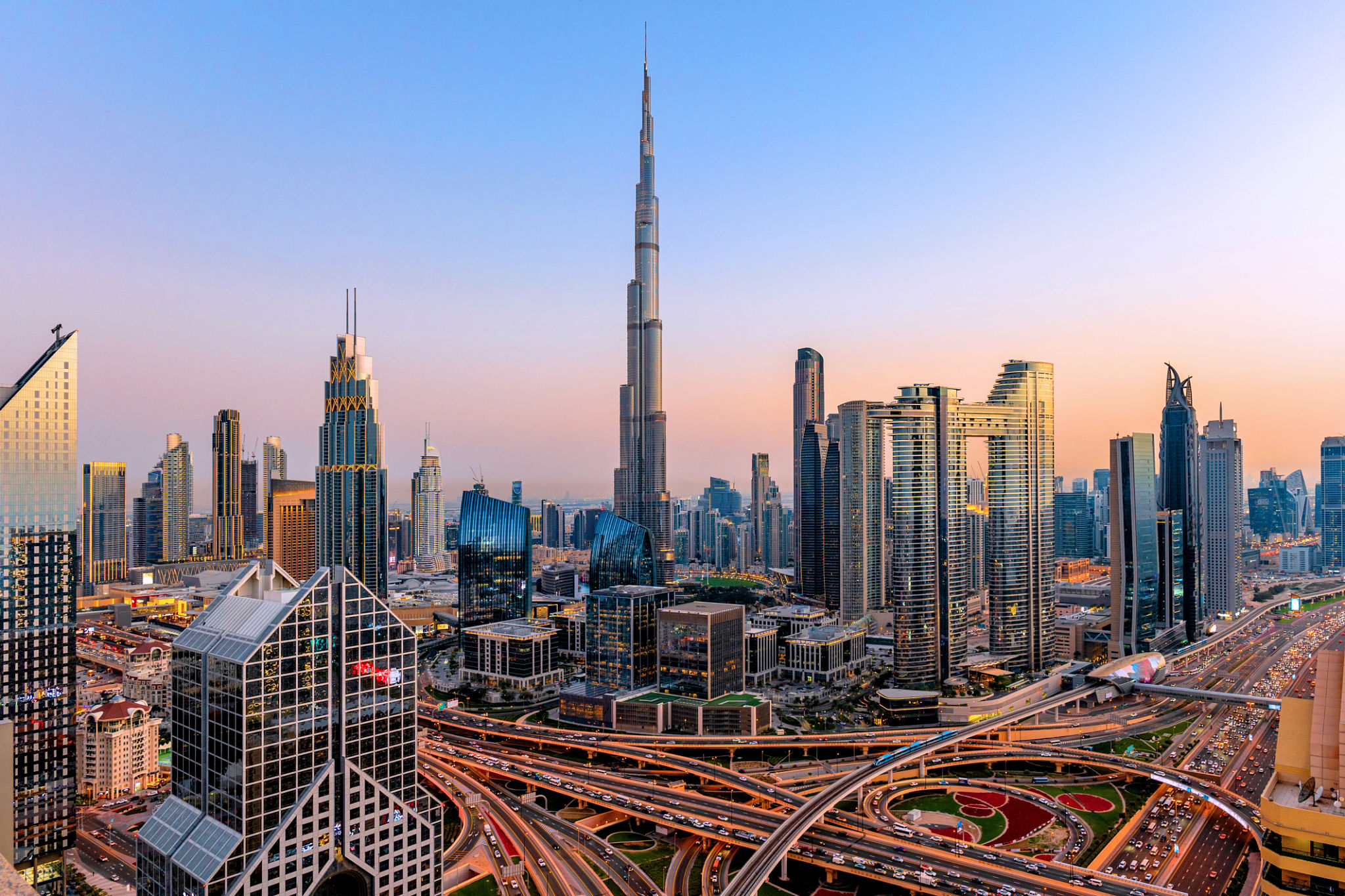Seasonal Trends in Dubai's Real Estate Market: What to Expect
Understanding Seasonal Trends in Dubai's Real Estate Market
Dubai's real estate market is a dynamic and ever-evolving sector, influenced by various factors including economic conditions, governmental policies, and global trends. However, one of the most intriguing aspects of this market is its seasonality. Understanding these seasonal trends can provide potential investors and homeowners with strategic insights to make informed decisions.

The Impact of Weather on Property Demand
Dubai's climate plays a significant role in its real estate market trends. The cooler months, from October to April, often see a surge in property demand. This period is characterized by a higher influx of tourists and expatriates looking to settle in the city, which in turn boosts the rental and sales market. Conversely, the scorching summer months typically witness a slowdown in property transactions.
During the peak tourist season, short-term rental properties experience high demand. Many property owners take advantage of this by listing their homes on vacation rental platforms, thus maximizing their returns. This seasonal variation highlights the importance of timing in the real estate investment strategy.
Holiday Seasons and Their Influence
Dubai's real estate market is also influenced by major holidays and festivals. The holy month of Ramadan, Eid celebrations, and the Dubai Shopping Festival are notable periods that affect property transactions. During these times, developers often launch promotional campaigns offering attractive discounts and incentives to attract buyers.

For investors, these events provide an excellent opportunity to purchase properties at reduced prices or with added benefits such as waived service charges or complimentary furniture packages. It's crucial for investors to stay informed about these periods to capitalize on potential bargains.
Economic Factors and Market Fluctuations
Beyond climate and holidays, economic factors also contribute to seasonal trends in Dubai's real estate market. The introduction of new government initiatives, changes in visa regulations, or shifts in oil prices can lead to fluctuations in property demand. During periods of economic optimism, there is often an increase in property transactions as consumer confidence rises.
Alternatively, economic downturns may lead to stagnation or decline in property values. Investors should be mindful of these economic indicators, which can provide insights into market trends and help identify optimal times for buying or selling properties.

The Role of Expo 2020 and Future Outlook
The much-anticipated Expo 2020 has had a profound impact on Dubai's real estate market. Leading up to the event, there was a noticeable spike in construction activities and foreign investments as developers anticipated a surge in demand for residential and commercial properties.
Looking ahead, the legacy of Expo 2020 is expected to continue influencing the market positively. The development of new infrastructure and increased global exposure positions Dubai as an attractive destination for investors worldwide. It's essential for stakeholders to consider how such mega-events can create long-term growth opportunities in the real estate sector.
Conclusion
Understanding seasonal trends in Dubai's real estate market is crucial for making strategic investment decisions. By recognizing patterns influenced by climate, holidays, economic conditions, and major events like Expo 2020, investors can better navigate the market's complexities. Staying informed and proactive allows stakeholders to capitalize on opportunities as they arise, ensuring success in this vibrant real estate landscape.
